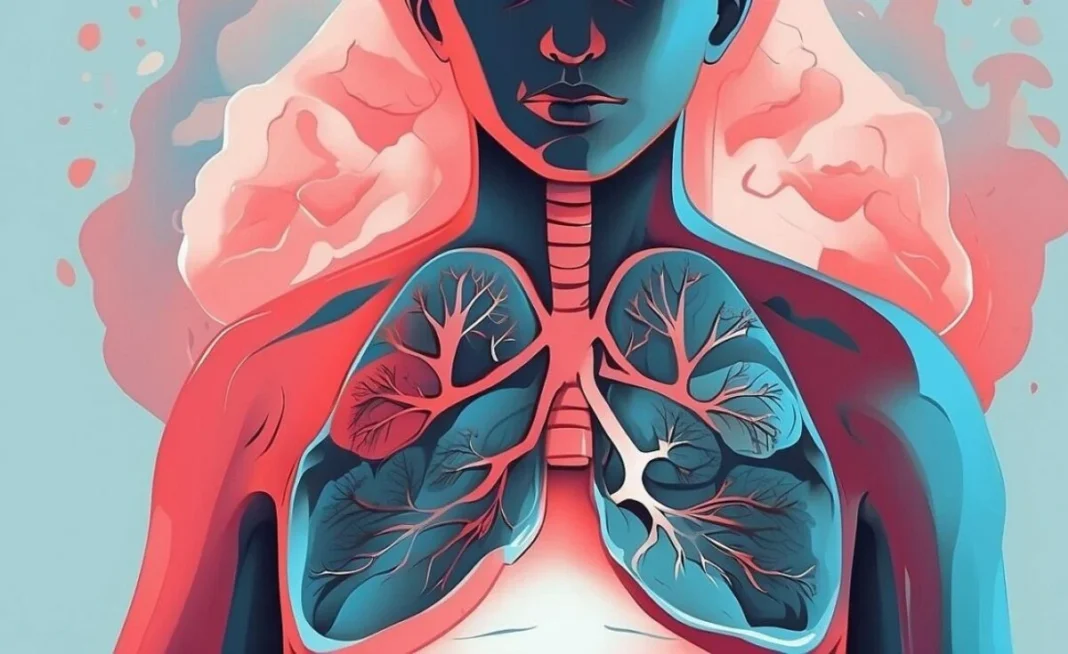Cystic fibrosis is a genetic disorder that affects the lungs, digestive system, and other organs. Understanding its symptoms, causes, and management strategies is essential for individuals and families affected by this condition.
What is Cystic Fibrosis?
Cystic fibrosis is a hereditary disease characterized by the production of thick, sticky mucus that clogs the airways and obstructs the pancreas and other organs. This leads to respiratory infections, digestive problems, and other complications.
Symptoms of Cystic Fibrosis:
The symptoms of cystic fibrosis can vary from person to person but commonly include persistent coughing, wheezing, recurrent lung infections, poor growth, and salty-tasting skin. Early diagnosis and treatment can help manage symptoms and improve quality of life.
Causes of Cystic Fibrosis:
Cystic fibrosis is caused by mutations in the CFTR gene, which regulates the movement of salt and water in and out of cells. These mutations result in the production of thick, sticky mucus that damages the respiratory and digestive systems. Cystic fibrosis is inherited in an autosomal recessive pattern, meaning both parents must carry a faulty CFTR gene for a child to inherit the condition.
Risk Factors:
The primary risk factor for cystic fibrosis is having a family history of the disease. Individuals with one or both parents who carry the faulty CFTR gene have an increased risk of being born with cystic fibrosis. Genetic testing can help identify carriers and assess the risk of passing the condition to future generations.
Management and Treatment:
While there is no cure for cystic fibrosis, treatment aims to manage symptoms, prevent complications, and improve quality of life. This may involve a combination of medications, airway clearance techniques, nutritional support, and pulmonary rehabilitation. In some cases, lung transplant surgery may be necessary for individuals with advanced respiratory disease.
Living with Cystic Fibrosis:
Living with cystic fibrosis requires ongoing management and support from healthcare providers, family, and caregivers. Adopting a healthy lifestyle, staying compliant with treatment regimens, and participating in clinical trials and research studies can help individuals with cystic fibrosis lead fulfilling lives despite the challenges posed by the condition.
Conclusion:
Cystic fibrosis is a complex genetic disorder that requires a multidisciplinary approach to management and care. By understanding the symptoms, causes, and management strategies for cystic fibrosis, individuals and families can navigate the challenges of living with this condition and optimize their health and well-being. If you or a loved one have concerns about cystic fibrosis, consult with a healthcare professional for personalized guidance and support.
Source – mayo clinic



